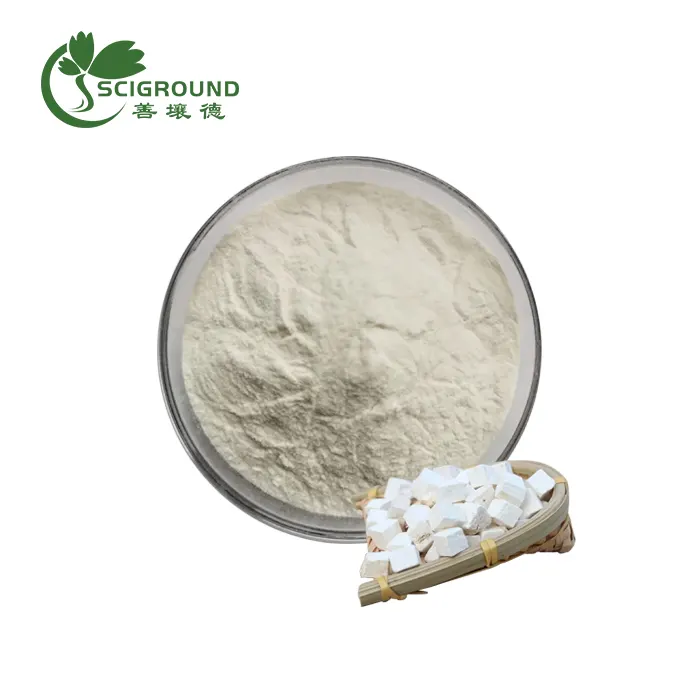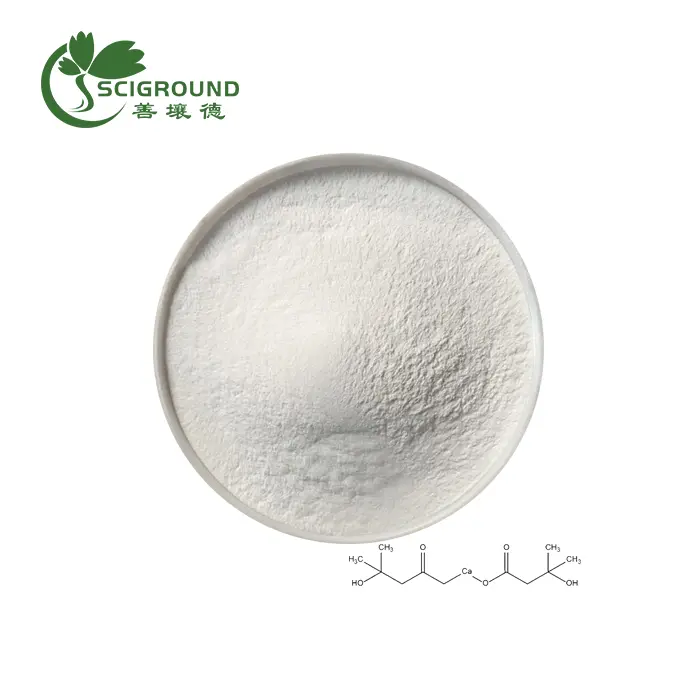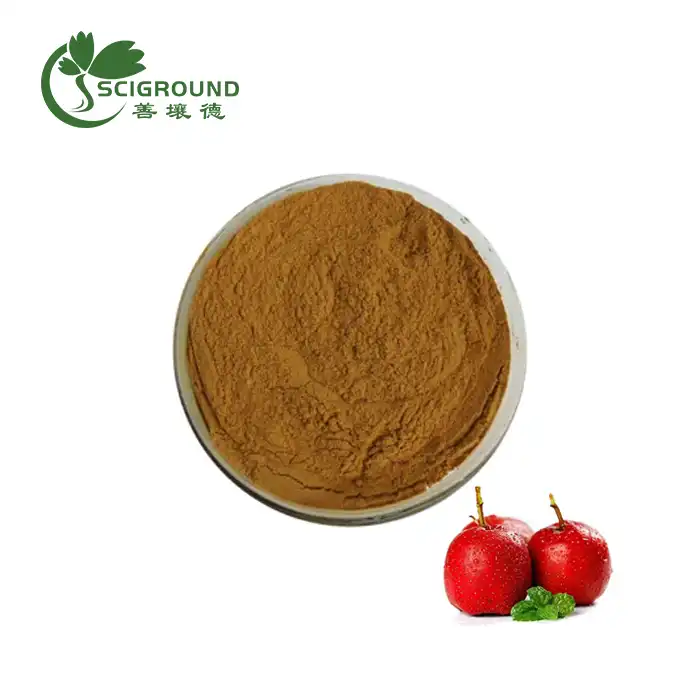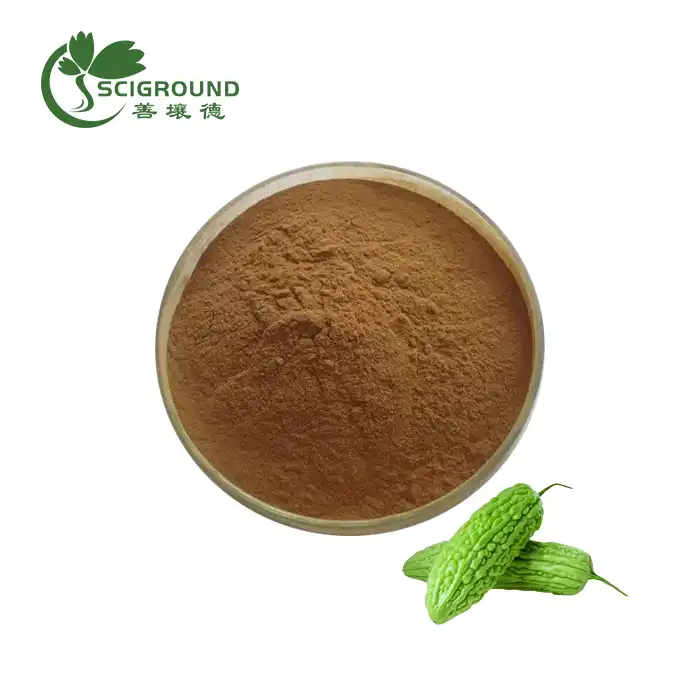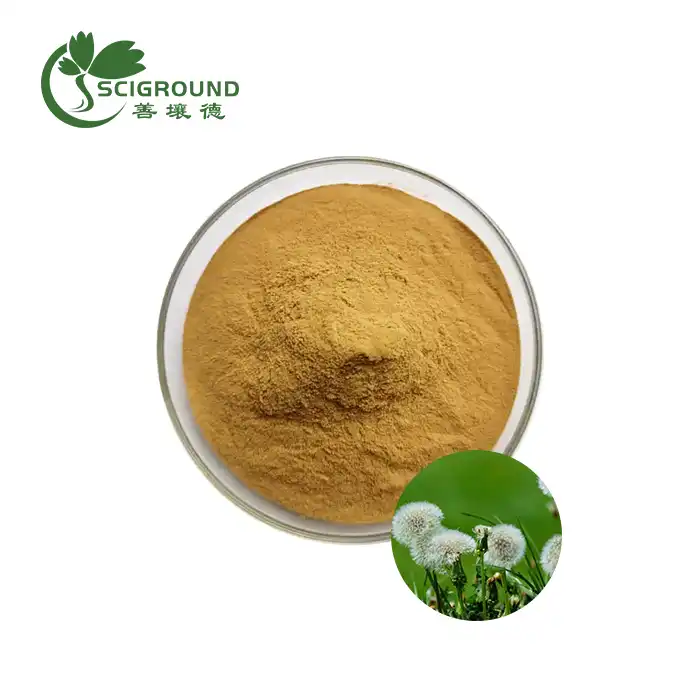When should i take creatine monohydrate?
Creatine monohydrate is one of the most extensively studied sports supplements, consistently proven effective for boosting muscle mass, strength, power and exercise performance. However, the timing and frequency of creatine intake can significantly impact results. In this comprehensive guide, I'll provide detailed, evidence-based tips on when to take creatine based on your fitness regimen and goals.
Why Take Creatine?
Creatine is an organic acid naturally produced in the body to supply energy to cells, about 95% of it being stored in skeletal muscle tissue. It plays a vital role in providing ATP energy for muscular contractions during short, intense bouts of anaerobic activity like weight lifting or sprints. Supplementing increases muscular creatine stores, providing extra energy to enhance training performance and physical progress.

What Are the Benefits of Creatine?
Extensive research on creatine supplementation demonstrates a wide range of performance and physique benefits:
· Augments lean muscle mass gains when combined with progressive resistance training
· Increases muscular strength enabling more weight lifted, reps done, and sets completed
· Heightens power output for sports dependent on sprinting speed and vertical jump
· Reduces muscle tissue breakdown during intense workouts
· Decreases muscle damage and soreness following training
· Speeds post-workout recovery by replenishing bulk creatine monohydrate powder and glycogen faster
· Improves overall training capacity allowing greater volume, load and stamina
· Boosts anaerobic endurance delaying intra-set fatigue and “hitting the wall”
· Enhances cognitive function including concentration, memory and mental focus
· Helps increase bone mineral density reducing fracture risk long-term
By maximizing intramuscular creatine stores, it provides extra energy to boost training performance and physical adaptations over time. Proper dosing and timing is key.
Should I Take Creatine Before or After Workout?
Based on the research, the ideal protocol is to take creatine both before and after workouts:
· Pre-Workout Dose: Take 3-5 grams 30-60 minutes before training. This saturates the muscles and provides extra energy during your workout, decreasing fatigue and enhancing capacity.
· Post-Workout Dose: Take another 3-5 grams immediately after your last rep. This rapidly restores depleted creatine stores aiding quicker recovery and muscle growth mechanisms.
This “bracketing” strategy ensures muscles have abundant creatine to maximize performance and gains both during and after each workout.

Should I Take Creatine Every Day?
For best results, creatine should be supplement daily including both workout and non-workout days. Reasons for consistent daily dosing include:
· Maintains fully saturated muscular creatine levels. Creatine is rapidly depleted after just 1-2 days without supplementation.
· Provides constant supply to aid workout performance and recovery. Muscles need daily creatine for both enhanced training capacity and quicker repair.
· Prevents the “washout effect.” Cycling on and off can lead to intermittent benefits rather than continuous effects.
Unless doing a brief creatine cycling protocol, daily use maximizes muscle creatine monohydrate bulk concentrations for consistent strength and endurance benefits.
How Much Creatine Should I Take?
Recommended daily creatine dosage guidelines are:
· 3-5 grams per day for most athletes and lifted. This supplies clinical benefits with minimal side effects long-term.
· 20 grams per day for 5-7 days as a “loading phase” when first starting creatine. This quickly saturates muscle creatine stores.
· 5 grams per day split pre and post-workout is optimal on training days - allowing enhanced performance during exercise and faster recovery after.
· 3 grams once daily on rest days maintains adequate creatine monohydrate wholesale levels on non-training days.
· Powder is preferable to capsules for cost savings and flexibility in dosing.
This supplies maximal muscular creatine without exceeding benefits or increasing side effects.
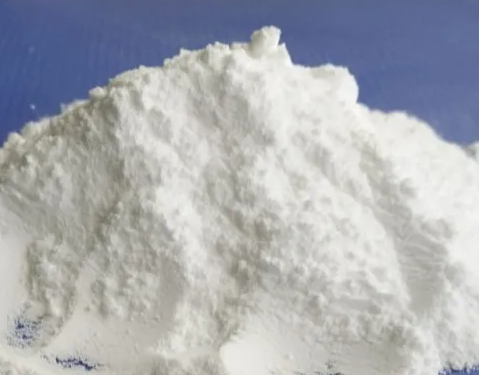
Best Time to Take Creatine for Muscle Gain?
The research-backed approach for maximizing muscular hypertrophy includes:
· On training days take 2.5-5 grams pre-workout then another 2.5-5 grams post-workout.
· On rest days, take 3-5 grams anytime throughout the day to maintain muscle stores.
· Time pre-workout doses 30-60 minutes prior to exercise to allow for uptake into muscle cells.
· Take post-workout immediately after your final working set while muscles are primed for replenishment.
· Use a 5-7 day “loading phase” of 20 grams daily when first starting out to saturate muscles faster then reduce to standard dosing.
This split daily timing ensures muscles have abundant creatine monohydrate bulk to augment strength output during workouts and speed recovery after for greater muscular gains over time.
When to Take Creatine on Rest Days?
On rest or non-training days, the timing of your creatine dose is not as important. Here are quick tips:
· Take 3-5 grams once at any point throughout the day. A single dose maintains adequate muscular creatine stores on off days.
· Morning, afternoon or night all work fine. Just be consistent day-to-day.
· Avoid taking too close to bedtime, as creatine may interfere with sleep for some people due to its mild stimulatory effects.
· Take with a meal or snack to enhance absorption and prevent potential GI issues.
The main goal is simply to supplement daily for sustained muscle creatine saturation, whether workout or rest day.
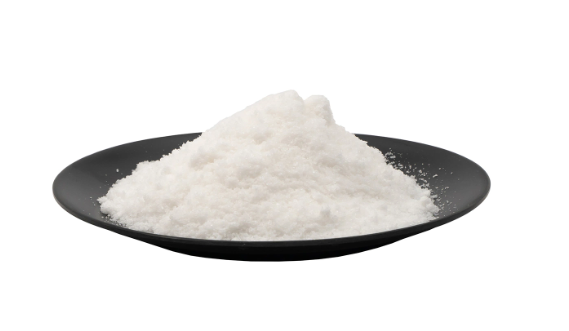
When Should You Not Take Creatine?
Here are some scenarios when creatine use may need to be stopped or should be avoided:
· If injured or recovering - Discontinue creatine when rehabbing injuries to avoid overtaxing the body during recovery.
· When trialing new workouts - Assess tolerance to new training programs alone before adding supplements.
· If experiencing side effects - Reevaluate usage if adverse effects emerge like dehydration, cramps or kidney stress.
· Under age 18 - Supplementation not recommended for teens because of limited safety data in younger populations.
· When pregnant or breastfeeding - Lack of evidence on creatine safety during pregnancy or lactation.
· If taking certain medications - Creatine may interact with diuretics, antacids, and anti-inflammatory drugs. Seek medical guidance first.
Aside from specific medical conditions or scenarios, creatine remains very safe for long-term daily supplementation when taken responsibly.
When Should I Start Taking Creatine?
General guidance on optimal times to initiate creatine supplementation include:
· When starting a new intensive training program to maximize strength and muscle gains.
· If looking to improve power output for athletic activities dependent on speed and jumping ability.
· When preparing for a powerlifting competition to boost overall performance.
· If hitting a plateau with muscular strength or growth gains and needing a boost.
· When transitioning from sedentary to becoming more regularly active and fit.
Creatine works best when paired with consistent progressive resistance training focused on strength and anaerobic power movements. Timing its use with your fitness goals is ideal.
Is it Better to Take Creatine Before or After a Workout?
Per the scientific literature, taking creatine both before and after individual workouts provides unique benefits:
· Pre-workout creatine saturates muscle creatine stores right before training, providing extra energy to enhance performance and decrease fatigue during exercise.
· Post-workout creatine helps rapidly replenish depleted creatine phosphate stores after training, optimizing recovery and muscle growth mechanisms.
· This covers both key opportunities – enhanced capacity during workouts, and accelerated bounce back after.
If choosing just one phase, post-workout slightly edges out pre-workout for more hardcore strength trainees prioritizing muscle gains. But for most, both pre and post-workout is best.
In conclusion, to maximize muscular strength, endurance and hypertrophy from creatine supplementation, daily dosing split before and after workouts is the most effective strategy supported by research.
References:
1. Antonio J, Ciccone V. The effects of pre versus post workout supplementation of creatine monohydrate on body composition and strength. J Int Soc Sports Nutr. 2013;10(1):36.
2. Candow DG, Chilibeck PD, Chad KE, Chrusch MJ, Davison KS, Burke DG. Effect of ceasing creatine supplementation while maintaining resistance training in older men. J Aging Phys Act. 2004;12(3):219-231.
3. Rawson ES, Conti MP, Miles MP. Creatine supplementation does not reduce muscle damage or enhance recovery from resistance exercise. J Strength Cond Res. 2007;21(4):1208-1213.
4. Persky AM, Brazeau GA. Clinical pharmacology of the dietary supplement creatine monohydrate. Pharmacol Rev. 2001;53(2):161-176.
5. Cooper R, Naclerio F, Allgrove J, Jimenez A. Creatine supplementation with specific view to exercise/sports performance: an update. J Int Soc Sports Nutr. 2012;9(1):33.
About Author

Celine Xu is a botanist with over 15 years of experience researching and developing plant extracts for nutritional and pharmaceutical applications. She leads an R&D team focused on identification, cultivation and extraction of medicinal plants. Celine Xu earned a Ph.D. in Plant Biology has authored numerous articles in peer-reviewed journals about the health benefits of specific phytochemicals. She frequently speaks at industry conferences about new developments in plant extract research. Celine Xu is dedicated to advancing the scientific understanding of how targeted plant compounds can be used to improve human health.
Related Industry Knowledge
- How many benefits in Organic Ginger Powder?
- What is Soybean Seed Extract
- How to Make Horseradish Powder
- How much lecithin powder to use?
- What does melatonin powder do?
- How to Use Inulin Powder
- Is Cinnamon Good for High Creatinine?
- Apple Extract Powder: A Natural and Healthy Sweetener
- Pueraria Flavonid: Benefits and Side Effects
- Shiitake Mushroom Extract: Uncovering Its Health Benefits
